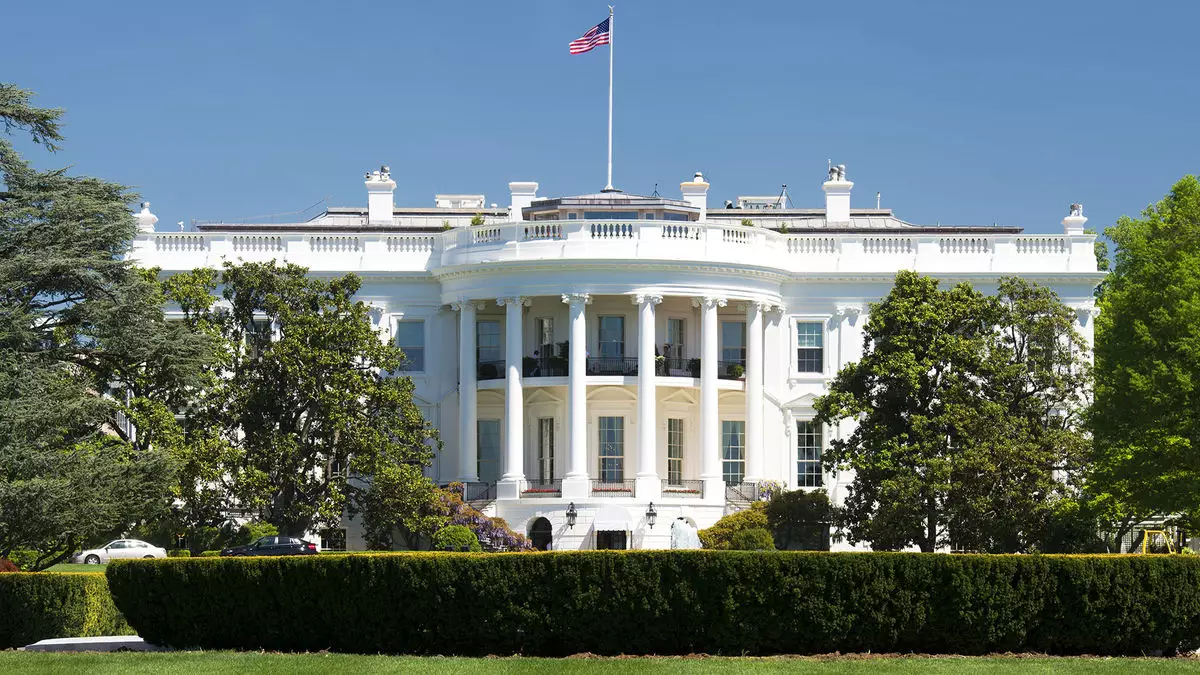The American Society of Travel Advisors (ASTA) has taken proactive steps by articulating its concerns and priorities to the incoming Trump administration. Their letter emphasizes significant issues, particularly regarding travel bans and airline refunds, which have the potential to impact the travel industry profoundly. With the backdrop of Donald Trump’s earlier presidency, which famously instituted a travel ban affecting several Muslim-majority countries, ASTA’s appeals center on fostering a more favorable environment for travel and tourism.
The Shadow of Travel Bans
At the core of ASTA’s concerns is the threat of reinstating travel bans, reminiscent of Trump’s previous presidency. Trump’s promise during the campaign to broaden the travel prohibitions—especially impacting refugees from conflict-ridden areas such as Gaza—has raised alarms within the travel industry. The initial travel ban, enacted in January 2017, not only sparked widespread protests but also sent shockwaves through the tourism sector, as travel advisors and operators feared a decline in international visitors.
ASTA’s CEO Zane Kerby has previously pointed out the “great deal of uncertainty” that policies like these sow within the travel sector. With tourism still an industry recovering from the pandemic, any reintroduction of travel restrictions could pose crippling ramifications. Kerby highlights that “any restrictions on travel to, from or within the United States would create tremendous uncertainty.” Such restrictions could adversely affect the United States’ competitiveness in the global travel market, potentially leading to a downturn in tourism revenue.
In addition to concerns about bans, ASTA has spotlighted the urgent issue of airline ticket refunds following changes introduced by the Department of Transportation (DOT). A regulation that went into effect on October 28 stipulates that those selling airline tickets must ensure refunds are issued promptly when flights are canceled or significantly altered. This poses a dilemma for travel agencies that frequently purchase tickets in bulk for various clients, as they are not always the “merchant of record.”
ASTA has urged the incoming administration to revisit and amend the existing rules to provide a sustainable pathway for travel agencies. The proposed changes suggest a seven-day window for airlines to reimburse these agents and an additional seven days for agencies to refund customers. Without this modification, many agencies risk financial instability, an unwelcoming reality for those already navigating a landscape fraught with uncertainty.
Another critical issue addressed by ASTA involves the classification of workers within the travel industry, particularly independent contractors. The travel ecosystem relies heavily on these independent operators; therefore, any federal oversight or changes in classification can yield substantial impacts. In January 2024, the Department of Labor made modifications that ASTA argues bring confusion and inconsistency.
ASTA advocates for a simpler classification standard, which would involve returning to the more straightforward guidelines from 2021. These rules distinguish workers based on control over their work and their potential for financial success or failure. Kerby’s call for consistency is essential, as disparate classification criteria across agencies can lead to significant operational challenges for travel advisors and agencies alike.
Tackling Overtime Pay and FTC Regulations
ASTA’s commentary also touches on concerns regarding the recent adjustments to the overtime pay minimum salary threshold and the associated legal challenges. Despite the Biden administration’s attempts to appeal a federal court’s rollback of salary thresholds, ASTA has called for the new administration to reconsider this position. The organization asserts that a fair and attainable salary threshold is crucial for the industry’s recovery and sustainability.
Moreover, the organization has expressed discontent with existing Federal Trade Commission (FTC) regulations regarding hotel fees. ASTA seeks a clear exemption for travel intermediaries from liability, should they inadvertently convey incorrect information about hotel fees. As the dynamics of pricing evolve across various platforms, this protection becomes paramount for agencies, ensuring they are not unduly penalized for inaccuracies that are beyond their control.
Advocacy and Future Directions
ASTA’s letter concludes with a proactive call for creating a Passenger Experience Advisory Committee within the DOT to ensure that the voice of travel advisors is included in discussions affecting air travel. This committee, which should feature representation from ticket agents, could significantly influence policies that affect the majority of air ticket sales facilitated through advisors.
As the Trump administration prepares to take office once again, ASTA’s outreach serves as a reminder of the systemic vulnerabilities within the travel industry. By addressing these vital concerns, ASTA not only advocates for immediate changes but also seeks to establish a robust framework that supports the travel sector’s recovery and growth in the years to come. Such efforts are essential not only for the well-being of travel advisors but also for the broader economic health of the nation, should the government heed their insights.

